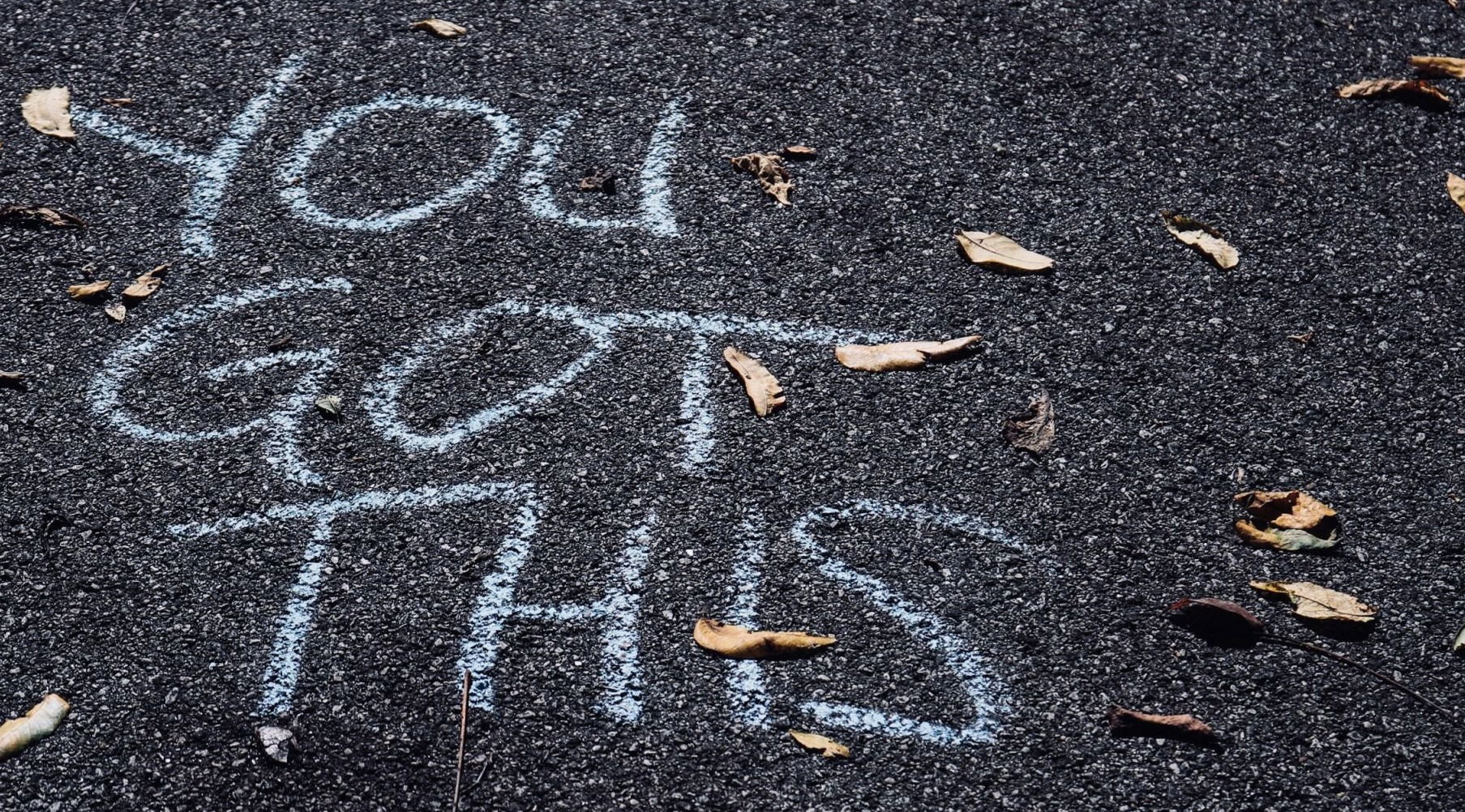My first Inset Day (Safeguarding & Insets)
Training days and keeping children safe
The day before the new school year was my first Inset Day. Staff gathered in the hall for a welcome from the headteachers and a series of training sessions. As well as covering general housekeeping, school policies were discussed, and there was a safeguarding session. Schools have a handful of Inset days throughout the year to refresh and train staff on different aspects of teaching. During my training year, I had full inset days for my school's writing, phonics and maths programmes.

In addition to Inset Days, when school was closed to pupils, my school also had weekly staff inset meetings. These ran every Monday after school for around 90 minutes. They covered topics such as responsive teaching, cognitive overload, maximising teaching assistants and preparing for Ofsted. During insets, we always sat in our year groups, and I was able to meet the year 1 team at my very first inset. The training didn't last the whole day, and staff were able to prepare their classrooms during the afternoon.
My school kindly gave us all a little treat to help us through the first Inset

Safeguarding
Safeguarding children is all about keeping pupils safe and preventing the risk of neglect or abuse. The welfare of pupils is the responsibility of all school staff, and they must all work together to safeguard children. How teachers conduct themselves and manage their classrooms are also key aspects of safeguarding. A key safeguarding document is the Department for Education's 'Keeping children safe in education' paper. It's a lengthy but important document (Parts 1 & 2 are good places to start).

Teachers and school staff see pupils every day and are often able to notice signs of neglect or abuse (physical, emotional or sexual). A pupil's behaviour could be an indicator of abuse, notably changes in behaviour or the things they say and do. As trusted adults, pupils can disclose information to teachers about things happening inside or outside of school. Teachers must not ignore, dismiss, promise confidentiality or investigate matters themselves. School staff should never take photographs of any abuse or neglect or confront perpetrators themselves.

A teacher's role in safeguarding children is to recognise, respond, record and report. All schools have a designated safeguarding lead (DSL), and it's always a teacher's responsibility to share safeguarding information with them.

My school had an online safeguarding portal where staff logged any concerns that they saw or heard about. This included concerns about a child, a parent or another member of staff. All logged concerns went directly to the DSL(s), and they decided on the necessary action to take. By logging a concern, I wasn't automatically getting someone in trouble, which was good to know. A logged concern could just result in a conversation with a pupil and their adults or a referral to an external organisation for extra help. The key priority is always keeping children safe, so a conversation with a pupil's adults might not always be the best response.

Handling a disclosure
- The correct way to handle a disclosure from a pupil is to remain composed and not act shocked. A shocked reaction could result in a child shutting down and thinking that they're doing something wrong.
- Always reassure your pupils that they've done the right thing talking to you and tell them that you believe them.
- Immediately record what they've said to you, writing it down in the words that they used.
- When listening to a disclosure, ensure that you don't influence what the pupil says or put words in their mouth.
- After hearing a disclosure, it's your responsibility to pass it on immediately. Do not wait until the next day, particularly if you feel that a child is at risk or could be in danger.
- Asking a teaching assistant to cover your class while you log a serious incident or conversation would not be frowned upon by your school.
Teachers are in a unique position to keep children safe, and you shouldn't be afraid of safeguarding. School staff receive regular safeguarding training, and there's always a DSL to support you.
